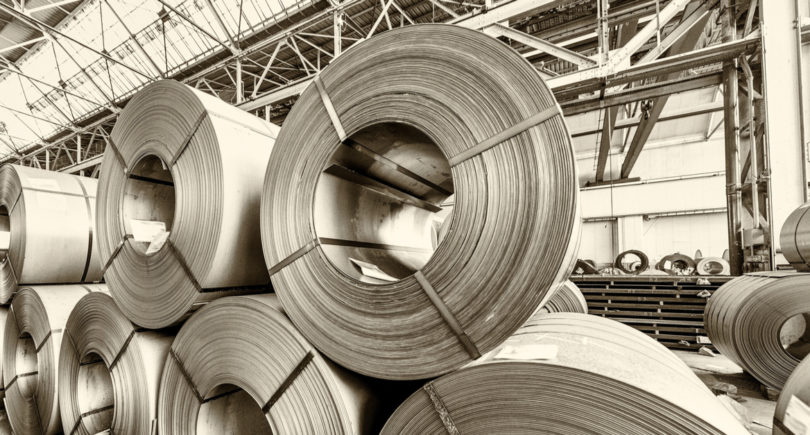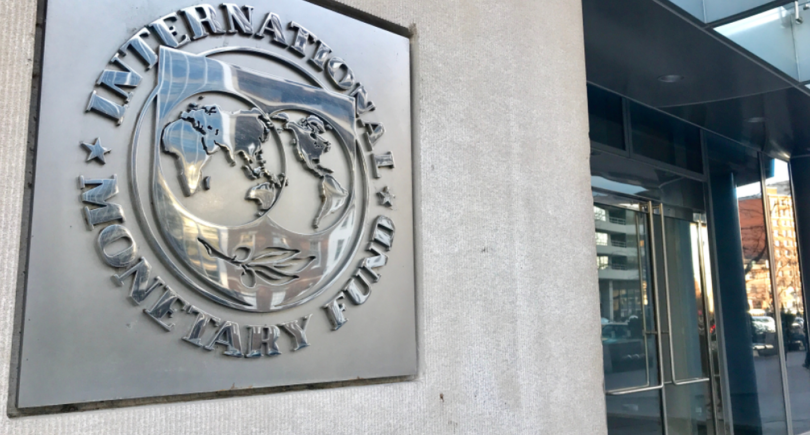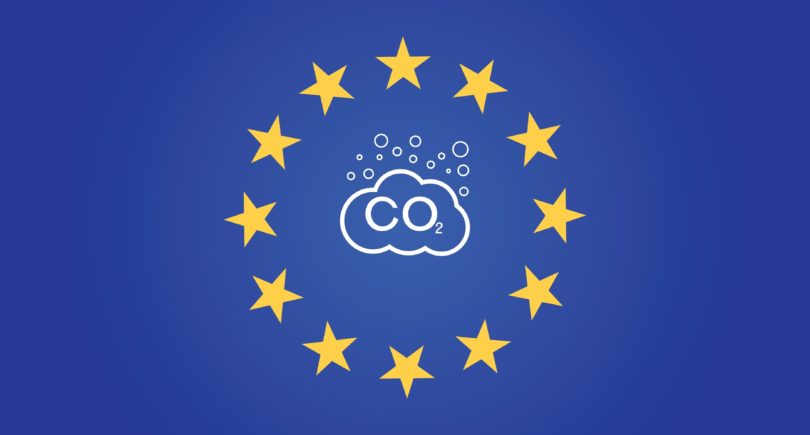
News Global Market EU 992 24 February 2025
The offer came from South Korean steelmakers, and EUROFER considers the option viable
A global hot rolled coil (HRC) quota regulated on a monthly basis could be a viable option as part of the review of EU steel safeguards, according to the European Steel Association (EUROFER). This is reported by Argus.Media.
According to the agency, the idea of a global quota was proposed to the European Commission by Hyundai Steel and the Korean Iron and Steel Association.
In a January submission to the European Commission, Hyundai Steel said that a monthly global quota would help ensure uninterrupted trade flows and better supply chain management. According to the company, this could prevent distortions that could arise from uneven use of the quota. It believes that the rapid exhaustion of the 15 percent quota in the “other countries” category by some countries could threaten a sudden influx of steel products to the European market.
South Korean producers have their own quota. It is usually filled or becomes critical only at the end of its validity period.
The Korean Iron and Steel Institute supported Hyundai’s proposal. They propose to introduce monthly restrictions or increase tariffs for volumes in excess of the quota.
In its submission to the EC in early February, EUROFER suggested that such a solution could be viable if accompanied by a first-in, first-out regime (i.e., no proportional duty in the first days of the quota) and provided that the previous quota adjustment proposals are adopted. For example, the association asked to reduce quotas for flat products by 50% to better align them with current demand, and if this is not possible, to take a number of other measures. EUROFER also proposed to increase the duty by 25% if the quotas are filled.
In December last year, the European Commission initiated a functional review of the EU’s safeguard measures on imports of steel products. It was launched following a request from 13 EU member states submitted in late November. They believe that such a procedure is necessary due to changes in trade flows.
As GMK Center reported earlier, on 31 January 2019, the European Commission imposed definitive safeguard measures on certain steel products. They were initially valid for three years and have been extended twice, most recently until June 30, 2026. The current measure consists of a tariff quota (TRQ) that applies to imports of 26 categories of steel products into the EU. Imports outside the quota are subject to a 25% duty.




